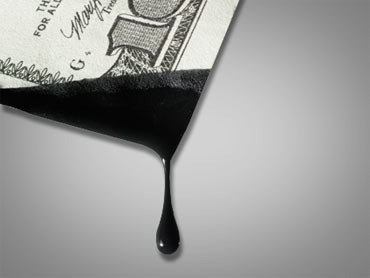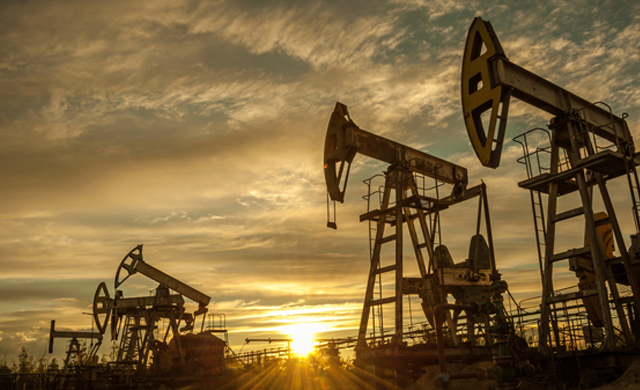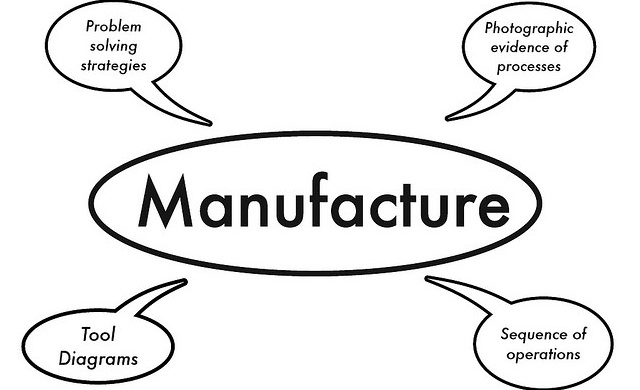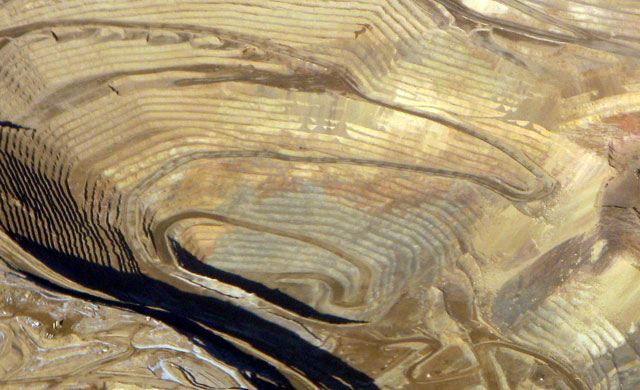The share price of Gulf Keystone Petroleum (LSE:GKP) is up 4.10% today, continuing its rise that began early Monday morning. GKP’s shares are currently selling at 65.58 on the London Exchange. Last Friday, 12 December, those shares closed at 51.00, opening Monday at the same price, meaning that GKP has increased by 28.6% over the past four days. The news that has come out of Kurdistan during that same period has been encouraging to both speculative and long-haul, loyal investors.

I have probably written more about GKP in 2014 than any other single company. It may be one of the most interesting company stories that I have ever followed, because, at least for me, this is one of those that cannot be told by technical analysis and charting alone. There are just too many other factors and variables involved in the company story to rely strictly on charting trends. The fascinating part to me is watching the company’s plan continue to unfold as it faces one obstacle after another.
The Oil Flow
GKP operates in Kurdistan, with its key operations in the Shaikan Block, a world-class oil discovery. The first spudding operations began in 2009. Having favorable results, the Shaikan Field Development Plan was submitted and approved by the Ministry of Natural Resources of the Republic of Kurdistan in June 2013, just a year-and-a-half ago. There is no question about the abundance of oil that can be recovered or that successful recovery will be sustainable for decades. All along, the question has been how to flow the oil to the market.
GKP has a record of successfully meeting its projected milestones, and with a production update released on 16 December, it seems abundantly clear that the milestone of pumping 40,000 bopd will be achieved by the end of 2014 as planned. Still, the bigger problem has been getting the oil to market.
The company has been working feverishly to build a flow line to tie in wells 7, 8 and 10 to the existing production facilities. That has been completed, and oil should be flowing within days. The pipe has already been laid to connect well 11. Until a pipeline can be laid to tie into the major delivery line in the north that flows to port in Turkey, the company continues to move the oil by truck “uninterrupted.”
In many cases “uninterrupted” might be significantly less consequential. However, transporting anything across northern Iraq has become a serious problem since the rise of the so-called Islamic State. Given the viciousness of that group as it has taken hundreds of lives without mercy, it’s not-so-idle threats to the infrastructure of Iraq, and its campaign against the Kurds in Erbil (not far from Shaikan), GKP and its investors have had reason for concern.
The Cash Flow
Adding insult to injury, GKP has been hampered by political issues far beyond its own control. It has put oil onto ships only to have authorities from destination countries refuse to allow the ships into port because of a dispute between Iraq and Kurdistan about who has the rights to the oil and, therefore, the payments from it. Recognizing the magnitude of the political ramifications, destination countries have been averse to becoming involved in a fight that is not theirs. This, and other ancillary effects have resulted in non-payment to GKP for shipments.
Now, we are happy to report that the two governments announced on 12 December that they have arrived at an agreement regarding the oil rights. That agreement opened the vault doors for GKP, giving it an immediate infusion of $15 million in back payments.
I am high on GKP. They have set lofty, but achievable goals and, despite circumstances that could hardly be worse, like a decline in oil prices, the company keeps pressing on. If, as an investor, you are counting gains and losses, I suggest you refrain from doing so. The story is not over.
Two Final Thoughts
- Industry analyst Malcolm Graham-Wood observed that, “things really are looking up for GKP” and that “not all will be tarred with the same brush (lower oil prices),” indicating that GKP will be in the “not tarred” select.
- I have often mused about why GKP would even begin to think of producing oil in such a remote place with such an unstable political environment. The only thing that came to mind was Sir Edmond Hillary’s response to why he wished to climb Mt. Everest. “Because it is there.” Makes excellent sense to me.


 Hot Features
Hot Features













